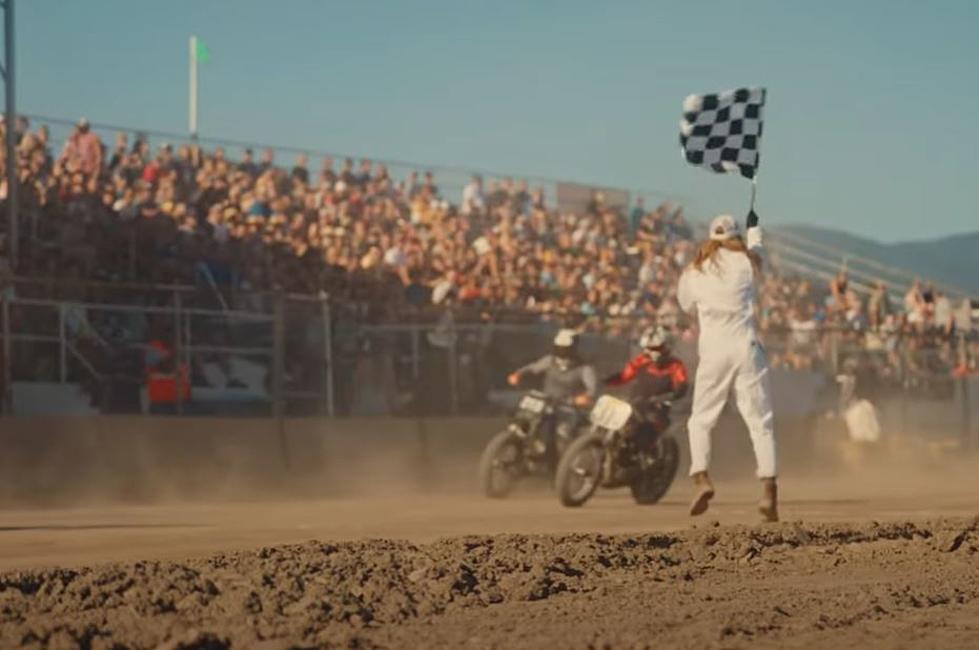
Woman’s Quest to Run Races in All 50 States Brings Her to Missoula
Laura King Edwards of Charlotte, North Carolina ran a half marathon blindfolded in less than 2 hours to raise money for a rare disorder called Batten disease. Now her quest is to run races in all 50 states to raise awareness, and she will check Montana off her list this weekend.
When Laura completes Sunday's Missoula Half Marathon, it will mark state number 18 in her journey. Although you may have never heard of Batton disease, one in ten Americans are fighting rare diseases such as this one, including Laura's 18-year-old sister Taylor. As a 5th grader, Taylor ran TWO 5K races, despite having lost her vision to Batten disease. Taylor’s courage is the inspiration for Taylor’s Tale, the charity Laura co-founded to help build a better future for children and others fighting a rare disease.
“After her diagnosis, Taylor could have quit, but giving up was never in her DNA,” said Edwards, 35. “The image of my sister finishing her first 5K despite being blind and fighting Batten disease will be with me forever. She inspires me in all that I do.”
As a leader within the rare disease community, Taylor’s Tale is moving mountains not just in North Carolina, but across the United States and worldwide. The charity inspired Taylor’s Law, which established the nation’s first rare disease advisory council. Taylor’s Tale also spearheaded gene therapy research at the University of North Carolina; Abeona Therapeutics acquired the work in 2016 and will enroll children in a clinical trial as early as this year.
According to the National Institutes of Health, approximately one in 10 Americans (about 25 million people in the U.S.) has a rare disease. In the U.S., a condition is considered rare if it affects fewer than 200,000 persons combined in a particular rare disease group.
“Rare disease impacts more people than HIV and cancer combined,” Edwards said. “People like Taylor are an inspiration, and their courage serves as a reminder that while a disease may be rare, hope should not be.
“We’re too late to save my sister, but I’m committed to supporting her legacy by helping other rare disease patients find answers. These races are an important part of the journey, and I won’t stop running until we cross the finish line in the fight against rare disease.”
More From 96.3 The Blaze









